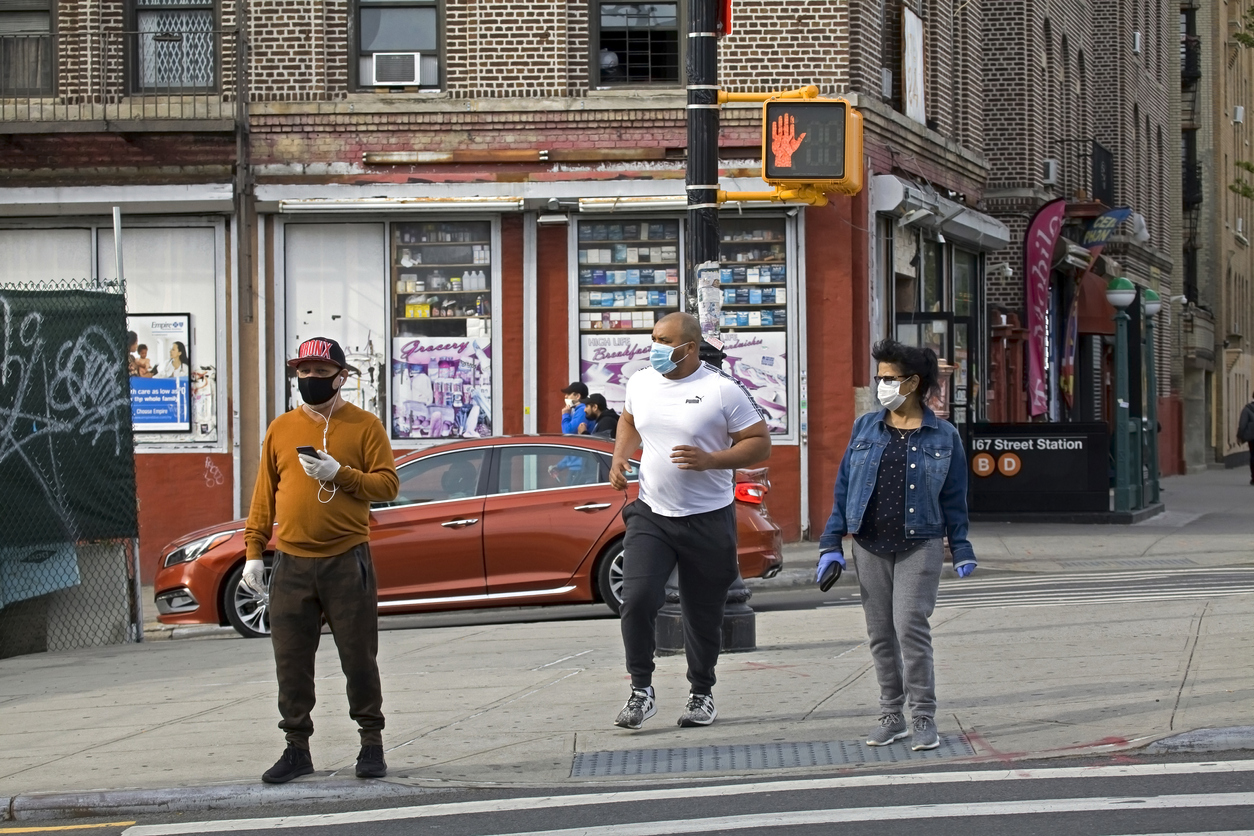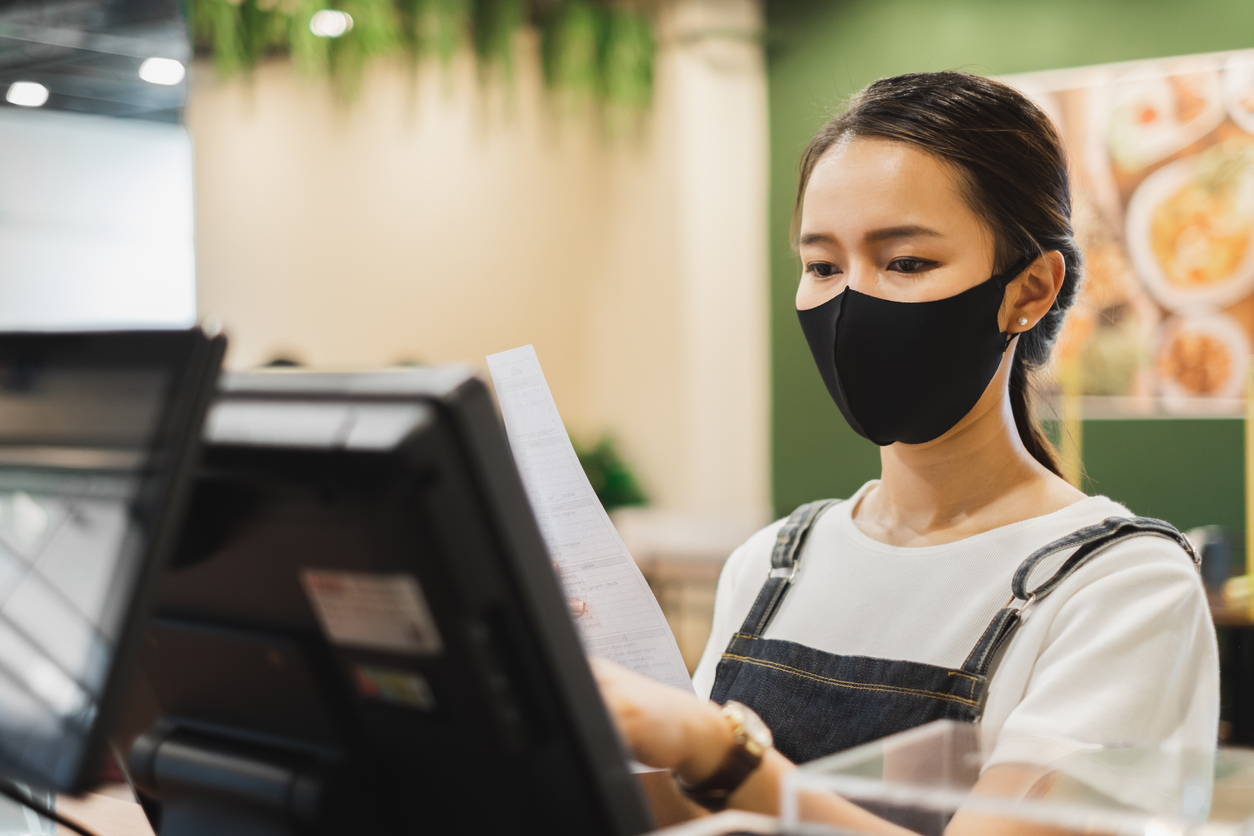
Healthcare access: COVID-induced barriers for minority communities
Reyna Gonzalez, a wife, mother, and grandmother, lost her job as a cook at Anaheim Ducks Breakaway Bar and Grill at the John Wayne Airport in Santa Ana, California amid the COVID-19 fallout. She had worked there faithfully for 20 years. She loved her job and worked hard to earn her financial freedom.
“To many, my $15-an-hour job may not seem like much,” she told the New York Times. “But it gave me my independence. It allowed me to pay for my house, my car and car insurance. It allowed me to move around, solve my own problems…I don’t like having to apply for government aid.”
Having been raised in rural Michoacán, Mexico, Gonzalez knows the value of hard work and is not afraid to embrace it. She takes much pride in her work ethic, so she had never imagined surviving on government benefits until the pandemic took over.
“When the coronavirus happened, I had to file for employment benefits,” she explained. “Later, my health insurance was taken away. I’m missing my front teeth, and I don’t have the money to deal with that. I’m also diabetic and now have to fill my prescriptions by traveling to Tijuana, where my husband’s family is from.”
Like Gonzalez, many workers have lost essential sources of income and have had to turn to the government for aid since March. Low-income Latinx and Black workers have been hardest hit, both in terms of job loss and loss of access to health care.

New York’s Bronx is a predominantly Black and Latinx community, and has been hit hard with COVID-19
Before COVID-19, minority groups comprised much of the nation’s low wage earners. In a wage report issued by the Economic Policy Institute (EPI), the group documents how much less African American and Latinx workers are paid than White workers. The numbers show that both Black and Latinx workers have a history of making less income than White workers. By 2019, Black wages were 75.6% of White wages, and Latinx wages were 74.6%.
In addition to low wages, minorities also face the disadvantages of having minimal savings, inherited wealth, and investments. These financial disparities make preventative and healthcare services less affordable. According to the Commonwealth Fund, lower-income workers are more likely to be uninsured (26%) than higher-income people (4%). Low-income workers are also more likely to be susceptible to health risks due to lower living standards. And it has been well-documented that Latinx, Black and Indigenous workers are more likely to contract COVID-19, to be hospitalized, and to die. Recent data show that if they had died from COVID-19 at the same rate as whites, 21,200 Blacks would be alive today, along with 10,000 Latinx, 1,000 Indigenous people, and 70 Pacific Islander Americans.

Coronavirus pandemic job losses are a harder hit for lower-income earners.
Coronavirus pandemic job losses are a harder hit for lower-income earners because they generally have little to no financial cushion to land on in case of an emergency. Now that an emergency has arrived, the long-standing financial insecurity issue in communities of color is only exacerbated by the pandemic’s ramifications.
Job furloughs and layoffs have halted crucial income and insurance coverage. A report by Families USA highlights the connection between the upsurge in uninsurance and the rise in unemployment. 21.9 million workers lost their jobs or left the workforce between February and May 2020. This has resulted in approximately 5.4 million newly uninsured workers. High health care costs increase the likelihood of delays in diagnosis and treatment. Given COVID-19’s lethality, this is a considerable risk for low-income communities. At the very minimum, Congress should ensure that testing and treatment for COVID-19 is available to every person free of charge, as well as a vaccine, when it is available, that frontline workers get the protective equipment they need, and that federal health and safety standards for workers are mandatory for employers nationwide. These protections, along with income, food, and housing assistance, are urgently needed to help vulnerable people withstand the pandemic.

